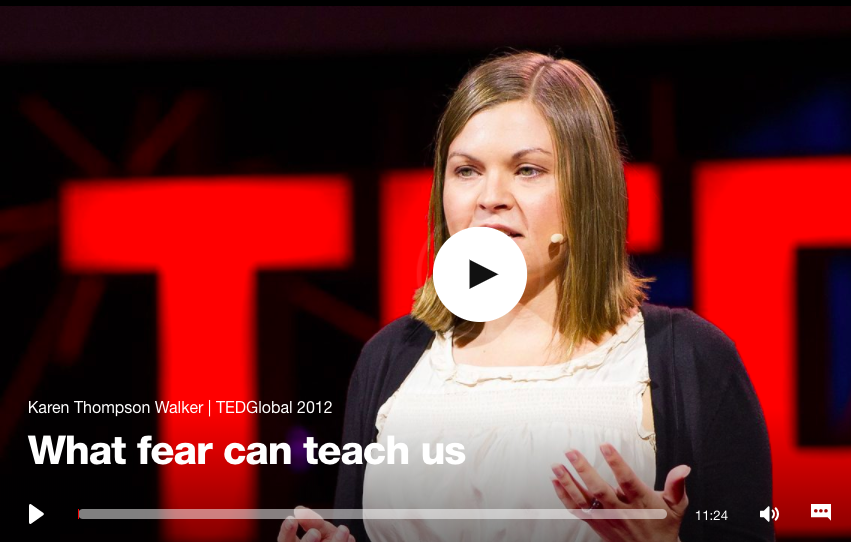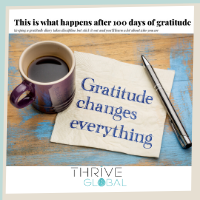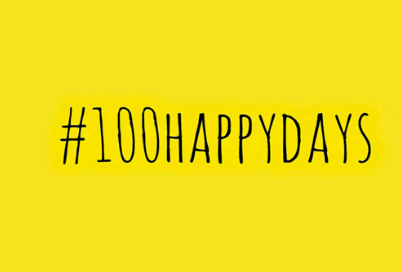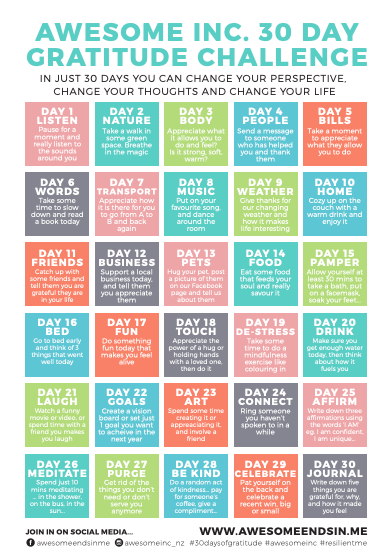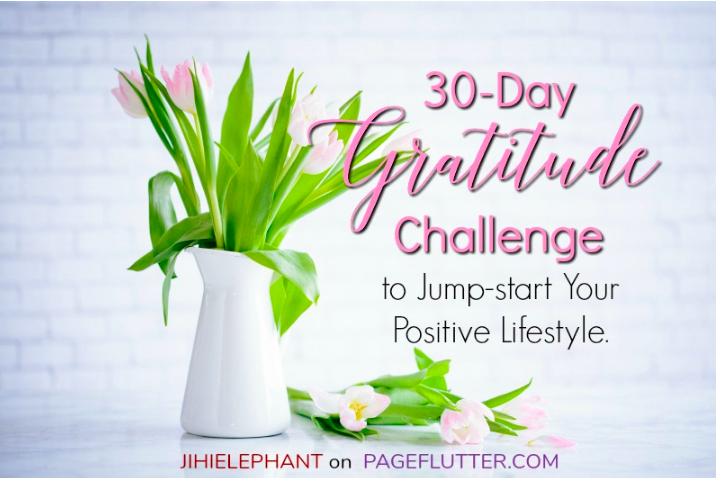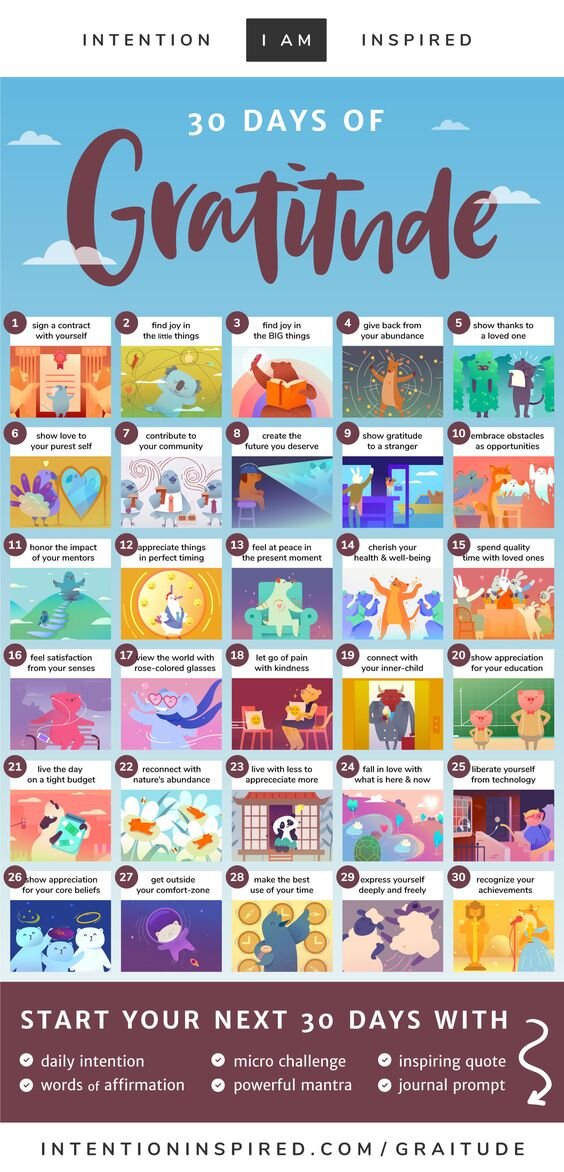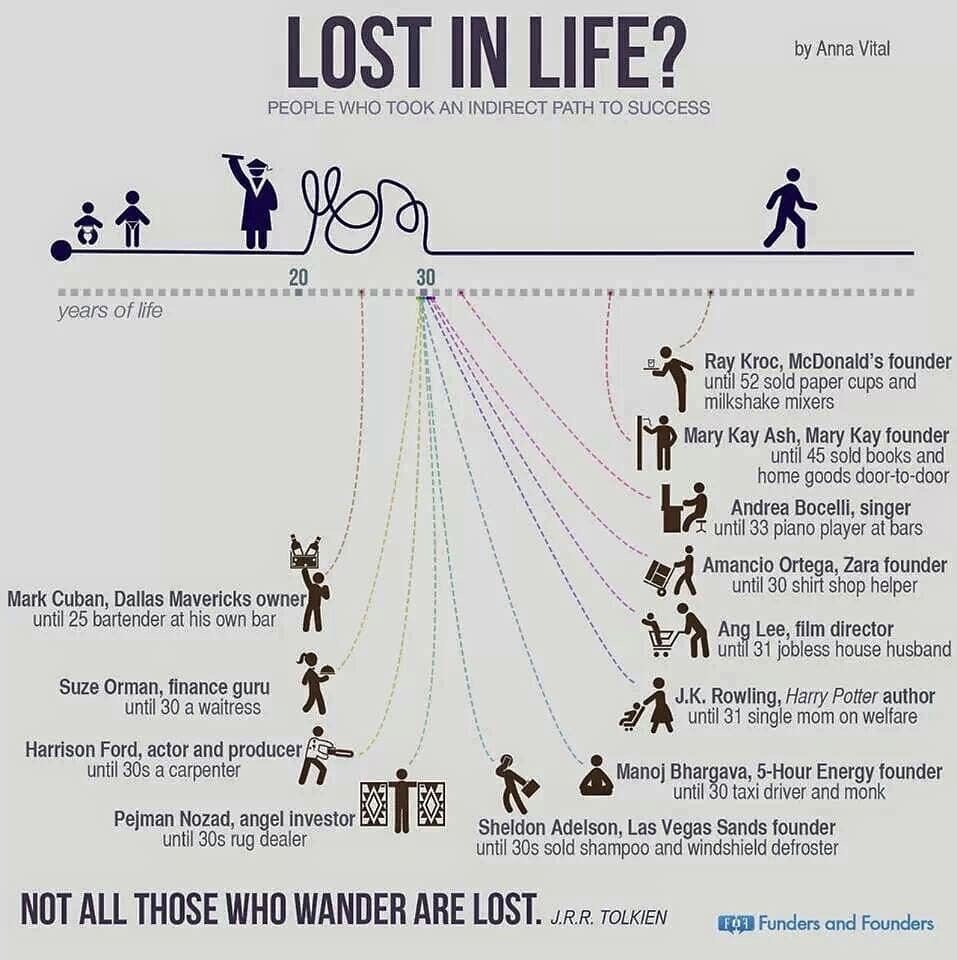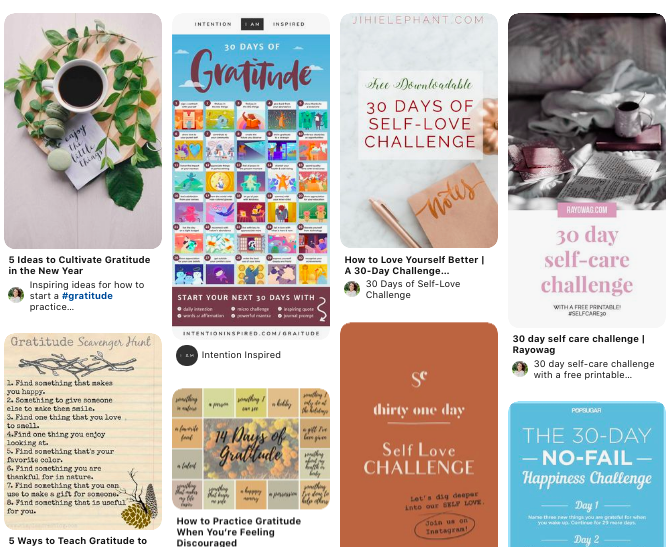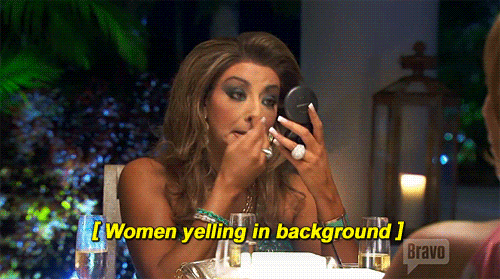Self Care Ideas 2: Feel
The Rollercoaster of Emotions I Emotional Courage I What Fear Can Teach Us I The Power of Vulnerability I The First Minute I Practicing Gratitude I The Smile Jar I Challenging the Inner Critic I Circles of Control and Concern I The Wish of Enough
Riding the Rollercoaster of Life and Emotions
At the core of the happiness movement is the idea that we should always aim to be happy. it seems to value being happy above all other emotions but, while we should absolutely lead with optimism and positivity, the reality of life sometimes we’re dancing with joy and sometimes we’re the walking dead. Perpetual happiness just isn’t realistic.
Well intentioned as the happiness movement is, some of its ideals are... less than ideal. No emotion, not even happiness, should be placed above all others.
We are born with a roller coaster of emotions because we are meant to ride it. we’re meant to embrace, experience, understand and learn from every emotion on the ride. We’re just not meant to live in any of them permanently.
We are born with a roller coaster of emotions because we are meant to ride it. From the dark depths of sadness and shame to the risk aversion of fear, soul crushing grief and the starry heights of pride and pure joy, all emotions are valid and have a purpose. Rather than giving them labels like good, bad, positive and negative we should focus more on their context - appropriate, inappropriate, relevant, and whether our emotions are controlling us or we are maintaining control over them.
We’re meant to embrace, experience, understand and learn from every emotion we have, we’re just not meant to live in any of them permanently. Emotions are like a tide, or a rollercoaster ride, they naturally ebb, flow, go up, down, sideways and change. They’re all meant to be impermanent and no matter which emotions you feel, your emotional state will always change.
Whatever your version of happiness is it also doesn’t just appear. How we feel is the result of our choices, thoughts, behaviours, actions, self perception and self care. While external events influence our emotional state, we create how we feel day to day by how we live - and have more power and influence over them than we often believe.
Feel and Learn from the Rollercoaster
Tiny Beautiful Things, Cheryl Strayed - Book I Audible AudioBook
For several years, thousands turned to Cheryl Strayed, author of Wild and a then-anonymous internet Agony Aunt. But unlike most Agony Aunts, this one's advice was spun from genuine compassion and informed by a wealth of personal experience - experience that was sometimes tragic and sometimes tender, often hilarious and often heartbreaking.
Having successfully battled her own demons while hiking the Pacific Crest Trail, Cheryl Strayed sat down to answer the letters of the frightened, the anxious, the confused; and with each gem-like correspondence - of which the best are collected in this volume - she proved to be the perfect guide for those who had got a little lost in life.
Tiny Beautiful Things changed my life as it helped me laugh, cry, lear and feel my way out of a dark hole of depression, and is a highly recommended read.
Emotional Strengths
Emotional Courage
Emotional Courage is too often confused as weakness because it acknowledges the importance of every emotion, and makes room for them all.
Accepting all of our emotions takes more understanding, courage and self acceptance that it should, because we learn to value and label emotions differently - even though we shouldn't.
The understanding and power that developing emotional courage brings is the gift that keeps on giving.
What Fear Can Teach Us
Fear has a role to play, it minimises risk, encourages us to ask questions and keeps us safe.. but sometimes we need to be unsafe, uncomfortable and take informed and considered risks to grow and change.
Fear, given too much power, can get in the way - confusing, slowing and stopping us - but it can be channelled and used in ways that help us.
Imagine you're a shipwrecked sailor adrift in the enormous Pacific. You can choose one of three directions and save yourself and your shipmates -- but each choice comes with a fearful consequence too. How do you choose? In telling the story of the whaleship Essex, novelist Karen Thompson Walker shows how fear propels imagination, as it forces us to imagine the possible futures and how to cope with them.
The Power of Vulnerability
“In our culture,” teaches Dr. Brené Brown, “we associate vulnerability with emotions we want to avoid such as fear, shame, and uncertainty. Yet we too often lose sight of the fact that vulnerability is also the birthplace of joy, belonging, creativity, authenticity, and love.”
On The Power of Vulnerability, Dr. Brene Brown offers an invitation and a promise - that when we dare to drop the armor that protects us from feeling vulnerable, we open ourselves to the experiences that bring purpose and meaning to our lives.
Here she dispels the cultural myth that vulnerability is weakness and reveals that it is, in truth, our most accurate measure of courage - and a superpower that most don’t know they have.
The First Minute
The First Minute asks a simple, powerful question that is useful for self reflection, goal setting and identifying behaviour and lifestyle changes.
Your first minute of the day should feel empowering and enabling, not overwhelming or Exhausting.
Even if you sleep late, eventually every day begins, and in the first minute of each day you have to face yourself, the life you’ve created and how you feel about it.
Every day you’ll wake up to your actions, thoughts, anxieties, achievements, goals, self perception, plans and more - and how you feel about them. Whether you’ve binged on ice cream, wine or cocaine, caught up with friends, made plans, avoided issues, made mindful choices that benefit us, or ones that are harmful - our first minute, and every one after, is filled with their emotional weight, be it heavy and dark or light and lively.
Unless you practice treating yourself well, that first minute - and all that follow - can fill with more and more darkness over time and rather than feeling freedom and control, every day can feel like a prison sentence.
Even if there are things you want to change, it’s not always easy to know where or how to start. Focusing on the simple question of the feeling you want to wake up to every day can provide a powerful place to start.
Living with Gratitude
Gratitude is the art of noticing, and taking the time, to appreciate the things in life that brighten our spark - they make us smile, feel joy, fuel a passion, feel connected, have fun just for fun, refuel and re-energise our positivity and life.
Regularly practicing gratitude makes people more aware of their environment, actions, thoughts and choices. The Science of Gratitude shows that creating habits of looking at the world through a positive lens can help to reframe and change negative thinking patterns and offers powerful holistic health benefits. Experiencing more positive emotions helps us feel more alive, sleep better, express more compassion and kindness, and even have stronger immune systems.
Gratitude is easier to practice than you might think. It starts with living in the moment, noticing the world around us and acknowledging the positive impact that the things that brighten our spark have on us - instead of letting them go by unnoticed, uncelebrated or taken for granted.
Gratitude can be appreciating the simple, natural beauty of a flower, the fresh air of a sunny day, the scent of rain on a stormy one, a great book, feeling valued from a catch up with a friend to celebrating bigger moments and milestones, being proud of an achievement, a fun night on the dancefloor, trying something new and anything else that is important for you.
New habits and creating change takes practice and a conscious focus, and gratitude challenges can help to create them. To start practicing gratitude try one of these 30, 100 or 365 day challenges - or create one of your own.
THE SMILE JAR
1 - a jar, decorated and personalised if you like,
2 - bunch of post-it notes,
3 - a pen or two
4- a life of experiences, big and small, and seemingly forgettable moments to be more conscious of their meaning, and capturing .
Every day, or as they happen, write a post-it note for every smile and moment to appreciate, then add it to the jar.
I wish I had let myself be happier. I wish I had stayed in touch with my friends. I wish I'd had the courage to express my feelings. I wish I hadn't worked so hard. I wish I'd had the courage to live a life true to myself, not the life others expected of me.
The 5 most common regrets people share in their last weeks, days and hours are a masterclass in how to live a whole life. They’re also made of more wishes than any Genie can give, but these wishes are even better because we we have the power to make them come true ourselves. The truth is, you probably already are - but not noticing.
CraigOnToast: A Year of Joys in Jar
Instead of wishing for a better life, use the smile jar to become more present and conscious of the life you have. Capture the moments - from the big unforgettable milestones to the seemingly forgettable every day - and fill the smile jar with all the proof that you’re already living it .
Collect the moments that brighten your life with a Smile Jar
I started my first Smile Jar in 2013 and as I filled it with bright, colourful notes of laughs, little joys, big news, experiences and fun with friends, I didn't really know what to expect when i opened it, and i hope you feel as surprised by what you find and feel as i was.
A reminder that your life is full of friends, family, fun and memorable moments.
By consciously putting more micro-moments of happy and well into life…life becomes elevated one tiny bite at a time
Challenge Your Inner Critic
Challenge your own inner critic with these ideas and clapbacks>> Challenging the Inner Critic
We are all imperfect,made with faults and have things we don’t like and want to change, do or be. Your cracks, anxieties and imperfections are part of you , but your inner critic wants you to believe they define you.
The critic makes us doubt and question our behaviours, thoughts, actions, beliefs, value and self - and although it’s voice bias and doesn’t tell the truth, we believe every word and give it too much power.
Instead of believing we should question and challenge the awful lies it tells us, and there are manys to deflect and silence that voice. it’s just a matter of finding the ones that work for you.
Circles of Control and Concern
Stephen R. Covey's book, The 7 Habits of Highly Effective People, continues to be a best seller for the simple reason that it ignores trends and pop psychology and focuses on timeless principles of fairness, integrity, honesty, and human dignity. One of the many valuable tools shared in the book is the Circles of Control and Concern.
These circles are a powerful yet simple tool for helping to clear the mind of noise, stress, disruption, thoughts, concerns and that awkward thing you said to someone 10 years ago that anxiety likes to haunt you with at 2am.
The Circles of Control and Concern help to identify and separate the things that we can directly control from the things that concern us, but we have little to no influence over - leaving us to focus on the things that really matter and we can act on. ( and wasting less time worrying about things that we can’t control or change - no matter how important or current they may be)
Our time, energy and focus aren’t infinite resources, and are too valuable to waste. Using the Circles of Control and Concern we can learn to quieten the mind, take back control when thoughts and concerns overwhelm us, and use our time and effort more effectively.
Learn more about the Circles of Control and Concern and The 7 Habits of Highly Effective People here:
The 7 Habits of Highly Effective People - Audible
The 7 Habits Simplified - FranklinCovey
Focus on Your Circle of Influence - FranklinCovey
The Wish Of Enough
Every emotion is valid and they all have an important role to play in our mental health, choices, experiences, relationships, emotional health and growth.
The stars on my chest remind me to always look up, but like day and night, or He Man and Skeletor, we all need and have to embrace the darkness, and our rollercoaster of emotions, to appreciate the light..
One of favourite pieces of writing represents this simple, real truth, and next time you want to wish your emotions away, take a moment and instead you may want to wish for enough. I wish you enough



